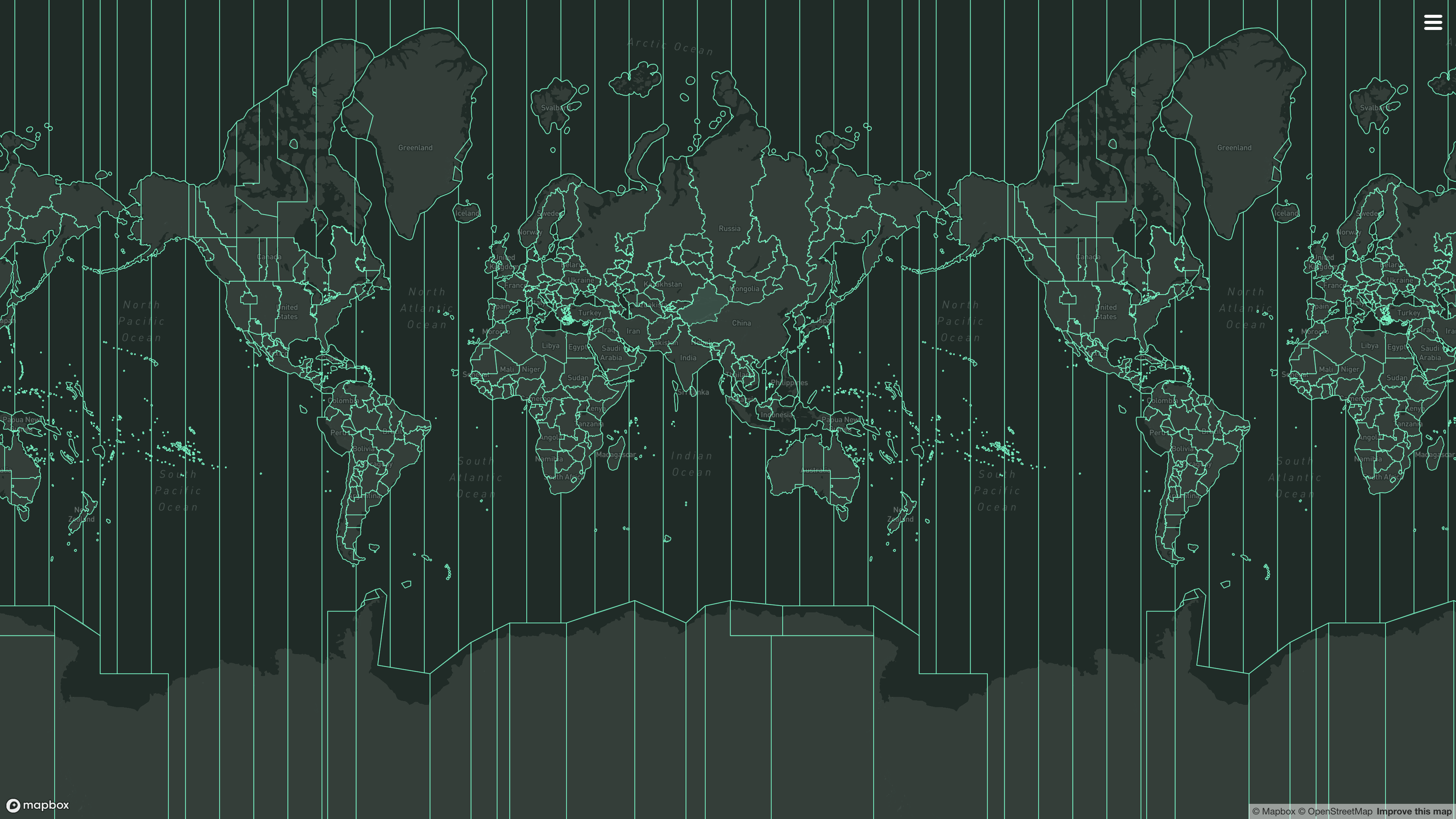tzfpy

[!NOTE]
- It's probably the fastest Python package to convert longitude/latitude to
timezone name.
- This package use a simplified polygon data and not so accurate around
borders.
- Rust use lazy init, so first calling will be a little slow.
- Use about 40MB memory.
- It's tested under Python 3.9+.
- Try it online:
Usage
Please note that new timezone names may be added to tzfpy, which could be
incompatible with old version package like pytz or tzdata. As an option, tzfpy
supports install compatible version of those packages with extra params.
pip install tzfpy
pip install "tzfpy[pytz]"
pip install "tzfpy[tzdata]"
conda install -c conda-forge tzfpy
>>> from tzfpy import get_tz, get_tzs
>>> get_tz(116.3883, 39.9289)
'Asia/Shanghai'
>>> get_tzs(87.4160, 44.0400)
['Asia/Shanghai', 'Asia/Urumqi']
Performance
Benchmark runs under
v1.0.0 on my
MacBook Pro with Apple M3 Max.
pytest --benchmark-warmup=on --benchmark-warmup-iterations=100 tests/test_bench.py
-------------------------------------------------------------- benchmark: 1 tests --------------------------------------------------------------
Name (time in ns) Min Max Mean StdDev Median IQR Outliers OPS (Kops/s) Rounds Iterations
------------------------------------------------------------------------------------------------------------------------------------------------
test_tzfpy_random_cities 895.7926 11,420.8087 2,597.6093 1,331.8472 2,337.5032 1,587.5907 11611;1000 384.9694 33614 10
------------------------------------------------------------------------------------------------------------------------------------------------
Legend:
Outliers: 1 Standard Deviation from Mean; 1.5 IQR (InterQuartile Range) from 1st Quartile and 3rd Quartile.
OPS: Operations Per Second, computed as 1 / Mean
Results (2.03s):
1 passed
Or you can view more benchmark results on
GitHub Action summary page.
More benchmarks compared with other packages can be found in
ringsaturn/tz-benchmark.
Background
tzfpy was originally written in Go named tzf and use CGO compiled to
.so to be used by Python. Since v0.11.0 it's rewritten in Rust built on PyO3
and tzf-rs, a tzf's Rust port.
I have written an article about the history of tzf, its Rust port, and its Rust
port's Python binding; you can view it
here.
Compare with other packages
Please note that directly compare with other packages is not fair, because they
have different use cases and design goals, for example, the precise.
I got lots of inspiration from it. Timezonefinder is a very good package and
it's mostly written in Python, so it's easy to use. And it's much
more widely used
compared with tzfpy if you care about that.
However, it's slower than tzfpy, especially around the borders, and I have lots
of API requests from there. That's the reason I created tzf originally. And then
tzf-rs and tzfpy.
I recommend to read timezonefinder's
Comparison to pytzwhere
since it's very detailed.
Contributing
Install:
Available commands:
build - Build the project using uv
fmt - Format the code using ruff
lint - Lint the code using ruff
sync - Sync and compile the project using uv
lock - Lock dependencies using uv
upgrade - Upgrade dependencies using uv
all - Run lock, sync, fmt, lint, and test
test - Run tests using pytest
make all
LICENSE
This project is licensed under the MIT license. The data is
licensed under the
ODbL license, same as
evansiroky/timezone-boundary-builder









